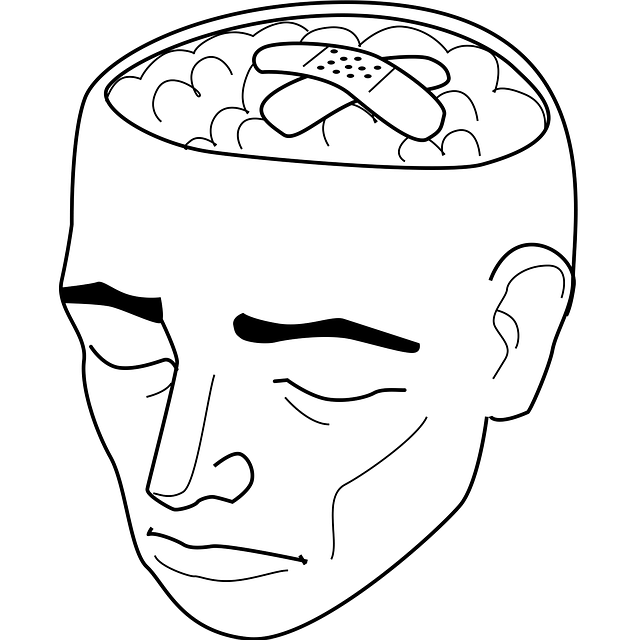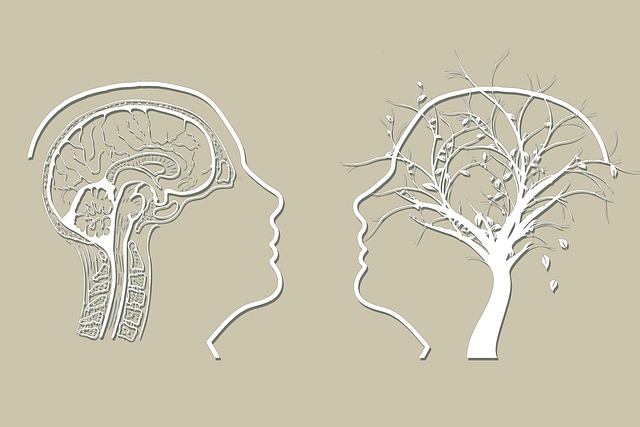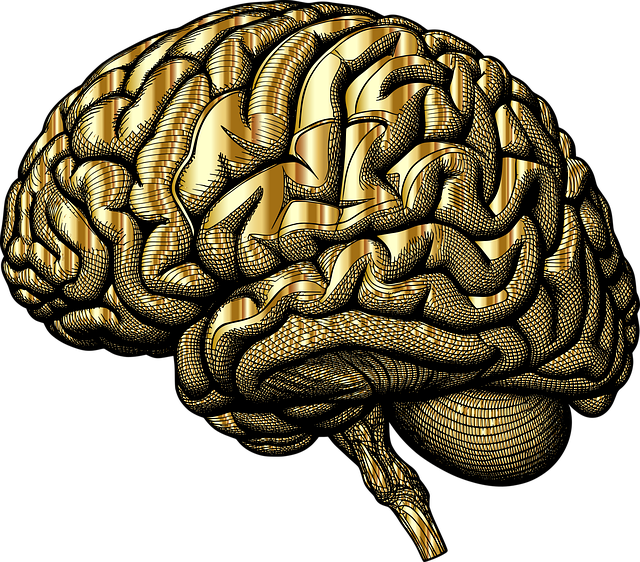Teaching emotion regulation to young children is crucial for their development, as therapists guide them to navigate and express feelings effectively. Tailored therapy addressing men's issues fills a gap in mental health care, integrating techniques like journaling exercises to build resilience and healthy emotional expression. Cultural sensitivity is vital, ensuring strategies are relevant and accessible across diverse backgrounds. These approaches, taught through games, storytelling, and art, offer long-lasting benefits, including better stress management and healthier relationships into adulthood, while digital platforms like the Mental Wellness Podcast Series democratize access to emotional healing resources.
Emotion regulation techniques are essential tools for both therapists and educators working with young children. This comprehensive guide explores effective strategies tailored to address unique challenges faced by boys and men. From understanding emotional development in early childhood to practical implementation, we delve into the benefits of teaching emotion regulation skills. By equipping children and adults with these techniques, therapy can foster healthier emotional responses, enhancing overall well-being, particularly for male clients.
- Understanding Emotion Regulation for Young Children: A Therapist's Guide
- Targeting Mens Issues through Effective Emotion Regulation Techniques
- Practical Implementation and Benefits of Teaching Emotion Regulation Skills
Understanding Emotion Regulation for Young Children: A Therapist's Guide

Teaching emotion regulation to young children is a crucial aspect of their holistic development and well-being. For therapists working with this age group, understanding the unique emotional landscape of childhood is essential. Young children are just beginning to navigate and make sense of their feelings, often experiencing them intensely and with limited coping mechanisms.
A therapist’s role in emotion regulation involves guiding young clients towards developing resilience and fostering healthy emotional expression. This can be achieved through various techniques designed to enhance emotional well-being promotion. For instance, encouraging journaling exercises can help children reflect on and communicate their emotions, building mental wellness skills that will serve them throughout their lives. By implementing these strategies, therapists support not only the child’s current emotional needs but also equip them with valuable tools for managing future challenges, fostering overall mental health and resilience in men as they grow older.
Targeting Mens Issues through Effective Emotion Regulation Techniques

Addressing men’s issues through effective emotion regulation techniques is a critical aspect of modern mental health care. Many traditional therapeutic approaches have historically focused more on women’s emotional experiences, leaving a gap in understanding and support for young men struggling with their mental health. Therapy for young children, particularly tailored to men’s issues, plays a pivotal role in fostering early mental health awareness. By integrating emotion regulation techniques into therapy, professionals can empower these individuals to develop healthy coping skills.
Cultural sensitivity in mental healthcare practice is essential when teaching these techniques. Recognizing and adapting to diverse cultural backgrounds ensures that the strategies remain relevant and accessible. For instance, promoting open communication and encouraging emotional expression may need to be approached differently across cultures. Enhancing mental health awareness among young men involves not only teaching them to recognize and manage their emotions but also fostering a safe and supportive environment where they can explore these feelings without fear of judgment or stereotypes associated with traditional masculinity.
Practical Implementation and Benefits of Teaching Emotion Regulation Skills

Teaching emotion regulation skills is a powerful tool for young children as it empowers them to navigate their feelings effectively. This practical implementation can be integrated into daily routines, such as classroom activities or home-based interventions. By learning to identify and express emotions, children develop emotional intelligence, which is crucial for their social and cognitive development. For instance, therapy for young children often incorporates games, storytelling, and art to help them understand complex feelings.
These skills offer long-lasting benefits, not only for the child but also for their mental wellness in adulthood. It promotes better stress management, enhances emotional healing processes, and fosters healthier relationships. In light of these advantages, mental healthcare practitioners should consider incorporating cultural sensitivity into their practices to cater to diverse populations. The Cultural Sensitivity in Mental Healthcare Practice approach ensures that emotion regulation techniques are adapted to suit individual needs, making them more effective and accessible for everyone, including men’s issues. Additionally, the Mental Wellness Podcast Series Production can provide an engaging platform to share these skills, making emotional healing processes more accessible through digital media.
Emotion regulation techniques, as explored in this article, offer a powerful tool for both therapists working with young children and individuals seeking to address men’s issues. By understanding and teaching these skills, professionals can empower clients to navigate their emotions effectively, leading to improved mental health and well-being. The practical implementation of emotion regulation training benefits not only children but also adults, fostering resilience and enhancing overall quality of life.










